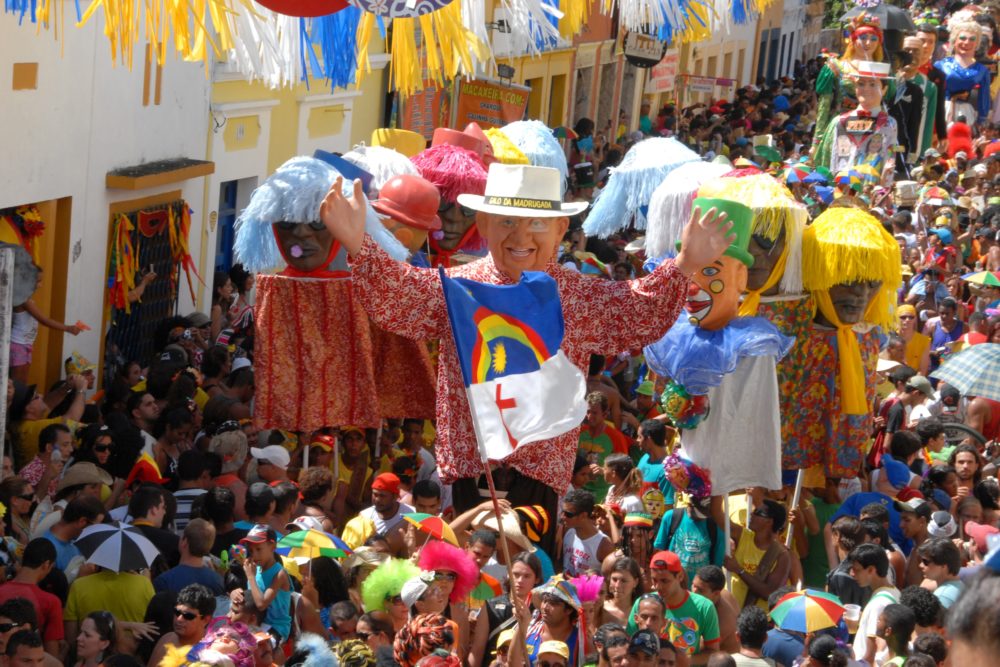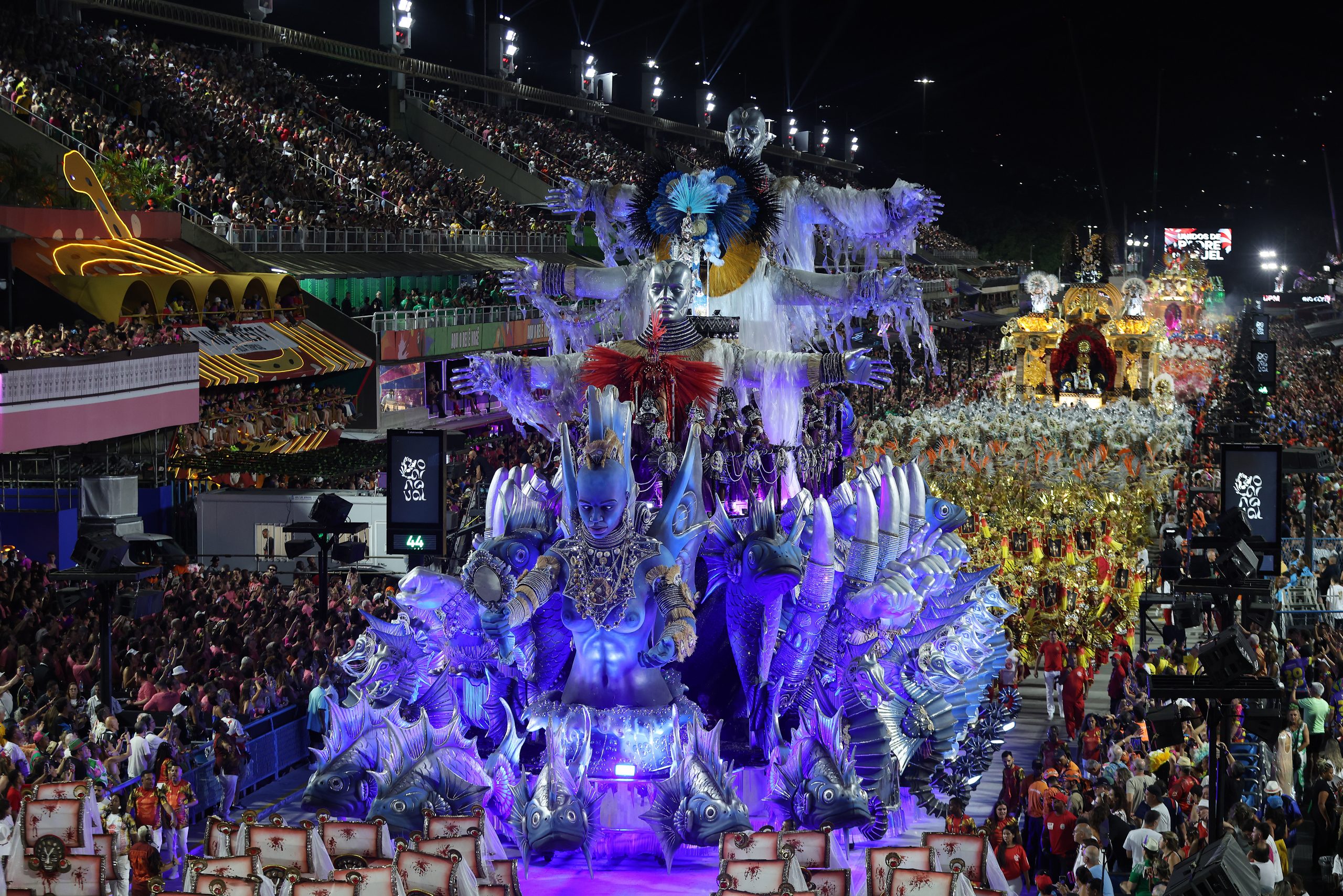In English
30 de janeiro de 2018
DID YOU KNOW THAT…
Carnaval is a heritage from ancient times? People such as the Egyptians, Hebrews, Greek, and Romans celebrated bountiful harvests and worshipped the gods by dancing in the streets.


Carnaval is a heritage from ancient times?
People such as the Egyptians, Hebrews, Greek, and Romans celebrated bountiful harvests and worshipped the gods by dancing in the streets. On those days, even the slaves were freed.
The Catholic church took over the party?
In the Middle Ages, the church adopted the celebrations, and Carnaval began to mark the days before Lent (the 40 days before Easter), when eating meat was forbidden.
Is Carnaval different in other countries?
In Germany, Carnaval is celebrated with street parades, parties, and masked balls. On one of the feast days, there is a tradition where women have to cut men’s neckties.

In Guinea-Bissau, Africa, one of the largest parties in the world takes place with traditional dance presentations by the country’s different ethnic groups – there are over 20 of them.
In Veracruz, Mexico, there is a ritual called “the burning of bad mood”. During the ritual, people set fire to dolls that represent what “causes a bad mood”, such as unpopular politicians
In Venice, Italy, Saint Mark’s Square is filled with masked people and tourists. The tradition started in the 16th century when noblemen took to the streets wearing masks and mixed in with the common folk.
Does the Brazilian celebration have different dances?

In Pernambuco, the revellers dance “frevo” and “maracatu”, which have fast, lively rhythms. In the city of Olinda, the tradition is to have a giant puppet parade.
“Marchinhas”, “baião”, samba, and many other beats are part of the repertoire of Carnaval bands and groups in Manaus, Amazonas state.
In São Paulo and Rio de Janeiro, hundreds of organized groups take to the streets, and samba school parades draw a lot of attention.
In Bahia state, the main dances are “axé” and “afoxé”, which are of African origin. Revellers usually follow a Carnaval float through the streets.
Questions – nivel III
– The following are Brazilian Carnaval dances:
1. “Marchinhas” and “frevo”
2. Masked balls and burning bad mood dances
3. Lack of oxygen
4. “Axé” and dances of Guinean ethnicity
– Is Brazilian Carnaval celebrated the same way all over the country?
Ixi! Você bateu no paywall!
Ainda não é assinante? Assine agora e tenha acesso ilimitado ao conteúdo do Joca.











Você precisa fazer o login para publicar um comentário.